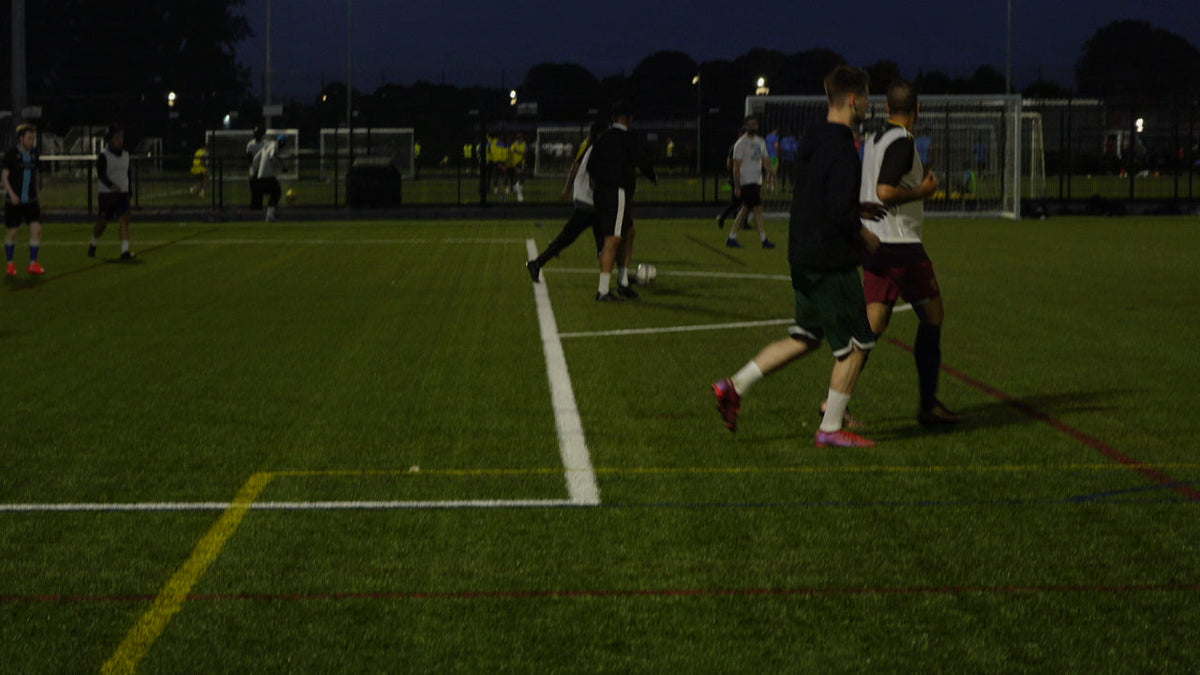
How Can Players Avoid Common Football Injuries?
|
|
Tempo di lettura 2 min
|
|
Tempo di lettura 2 min
Football (soccer) is a physically demanding sport that requires agility, speed, and endurance. While injuries are sometimes unavoidable, players can take proactive steps to minimize the risk. Here are strategies to help you avoid common football injuries:
A proper warm-up increases blood flow to muscles and prepares your body for intense physical activity. Include:
Dynamic Stretches: Focus on movements like leg swings, high knees, and arm circles to loosen up.
Light Cardio: Jogging or skipping for 5-10 minutes to raise your heart rate gradually.
Building strength and improving overall fitness can protect against injuries. Focus on:
Core Strength: Exercises like planks and bridges stabilize your body during dynamic movements.
Leg Strength: Squats, lunges, and calf raises support powerful kicks and sprints.
Balance and Stability: Use exercises like single-leg stands or wobble board drills to prevent ankle and knee injuries.
Footwear: Choose football boots that provide adequate support and fit well. Different playing surfaces (e.g., grass, turf, indoor) require specific types of studs or soles.
Shin Guards: Always wear well-fitted shin guards to protect against impacts.
Improper technique during tackling, shooting, or landing can increase the risk of injury. Seek coaching to refine your skills and reduce unnecessary strain on your body.
Dehydration can lead to muscle cramps and decreased performance. Ensure you drink enough water before, during, and after games. A balanced diet rich in protein, carbohydrates, and healthy fats supports muscle recovery and energy levels.
Rest is as crucial as training. Overtraining can lead to fatigue, which increases the risk of injuries like strains or stress fractures. Incorporate rest days and listen to your body if you feel pain or extreme tiredness.
Stretching improves flexibility and reduces the risk of muscle tightness or pulls. Focus on:
Hamstrings and Quads: Prevent thigh and knee injuries.
Calves and Ankles: Reduce the risk of Achilles tendon and ankle injuries.
Hip Flexors: Improve mobility and reduce strain during sprints or sharp turns.
Physical contact is an integral part of football, but reckless challenges can cause injuries. Practice safe tackling techniques and avoid unnecessary physical confrontations.
Knees and ankles are particularly vulnerable in football. Preventative exercises, such as resistance band lateral walks or heel raises, can reinforce joint stability and reduce injury risks.
Post-match recovery is essential to prevent soreness and fatigue. Include:
Cool-Down: Light jogging and static stretching to help muscles relax.
Foam Rolling: Relieve muscle tension and promote blood circulation.
Ice Therapy: Use ice packs to reduce inflammation in sore areas.
Adverse conditions like wet or uneven surfaces increase the risk of slips, falls, and sprains. Adjust your playing style and footwear accordingly.
Ignoring minor injuries can lead to more severe problems. Rest, ice, compress, and elevate (R.I.C.E) injured areas and consult a medical professional if symptoms persist.
Mental lapses during games or training can lead to poor decisions and unnecessary injuries. Stay focused, and always be aware of your surroundings on the field.
Preventing injuries in football requires a combination of proper preparation, smart training habits, and attentive recovery. By prioritizing your physical health and following these guidelines, you can reduce the likelihood of common injuries and enjoy a longer, more successful playing career.